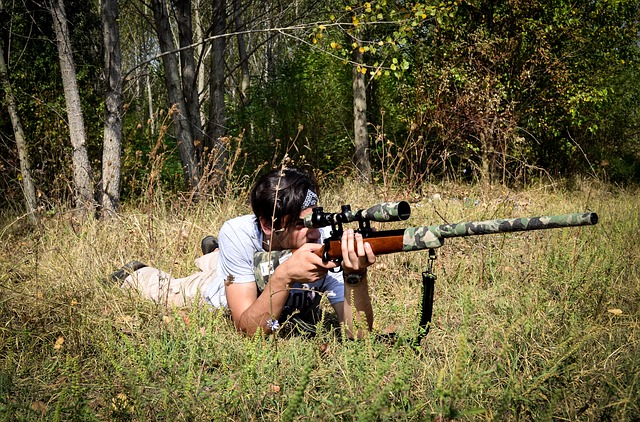To shoot or not to shoot? That is the question asked by researchers looking into the behavior of hunters. Turns out the decisions hunters make are subconsciously tied to factors related to the season and competition among hunters.
Researchers with Wageningen and Norwegian universities studied more than 180,000 choice situations where hunters had eyes on an animal and needed to make a decision whether…








